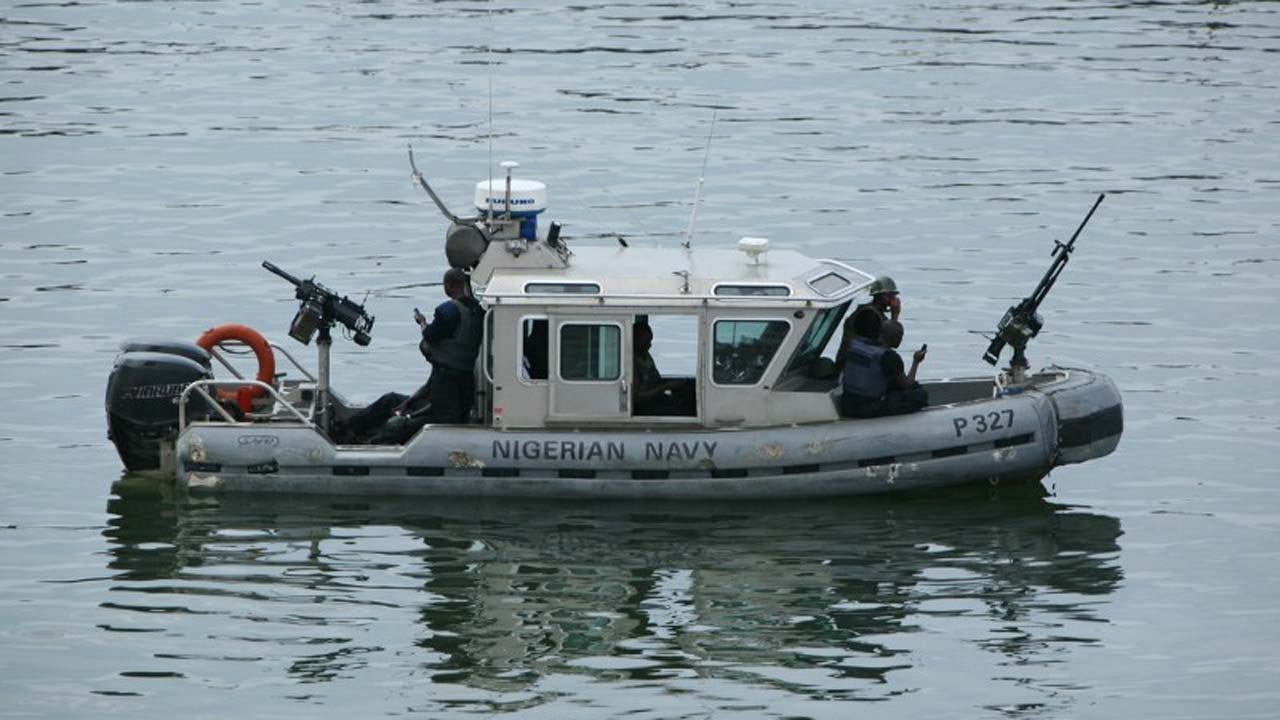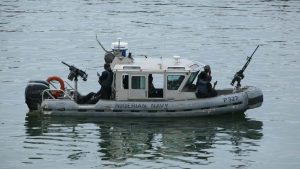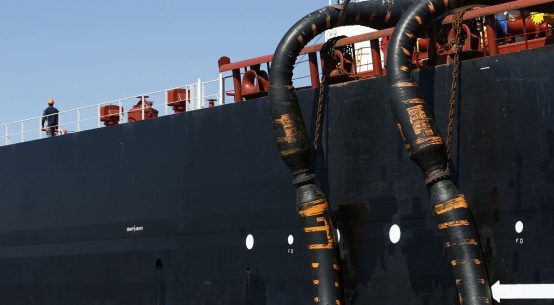

The Nigerian Association of Master of Mariners (NAMM) has condemn the inadequate presences of the Nigerian Navy at sea, saying It is inimical to sea borne trade and National security. They described the ships in the Nigerian Navy inventory as too old, and unable to cope with the current day realities in maritime safety and security.
The Group equally expressed displeasure over the conflict of interest and uncoordinated regulations among government agencies, including Nigerian Ports Authority, (NPA), Nigerian Maritime Administration and Safety Agency (NIMASA), Nigerian Shippers Council (NSC), Nigerian Navy, and Nigerian Police and a host of others.
It therefore requested for a review of the existing Acts that established the maritime agencies and streamline their operations for clarity. According to Rear Admiral God’s will Ombo, “the Nigerian Navy should do more to contain the numerous challenges evolving in Nigeria’s maritime environment, but she is currently seriously hampered by inadequate presence at sea,”
“The ships in the Nigerian Navy inventory are currently on the average 30 years old, and have had no major refit or upgrade to prolong their service life. However, the reality of the current situation is that without an effective mid-life refit and upgrade that should have been undertaken in the mid-90s, the ships are too far gone for meaningful local refits. These ships should be auctioned and new ones bought.”
He also criticised the situation whereby oil multinationals are getting private vessels, and with the Nigerian Navy manning it for area patrol to protect their oil platforms.“In addition with the current paucity of funds to meet the logistics equation to maintain naval presence at sea, the Navy is hardly at sea, and some oil majors and individuals have resorted to providing vessels and requesting the Navy to man their vessels for area patrol of their localities.
“This, in my opinion is an ill-conceived solution that is completely unethical and unacceptable in the developed countries where the oil majors emanated. “This practice is inimical to government’s efforts to have a credible Navy and robs naval personnel of the benefits of their specialist knowledge and professional calling, and therefore must be stopped immediately by ensuring that the Navy and other maritime security agencies of government have what they need to perform their statutory role and responsibilities,” he said.
The Acting President, NAMM, Joseph Awodeha, who stressed the need for a review of the Acts, said: “The responsibilities and boundaries are not well defined in the Acts, and we are suggesting to the government to revisit all the different Acts of these agencies, to clearly state their responsibilities so that there is no confusion in implementation.”
On training, he stressed the need to allow the trainees to get practical experience after their academic qualification by creating avenues for them to be on board vessels and perform their duties as marine officers.








